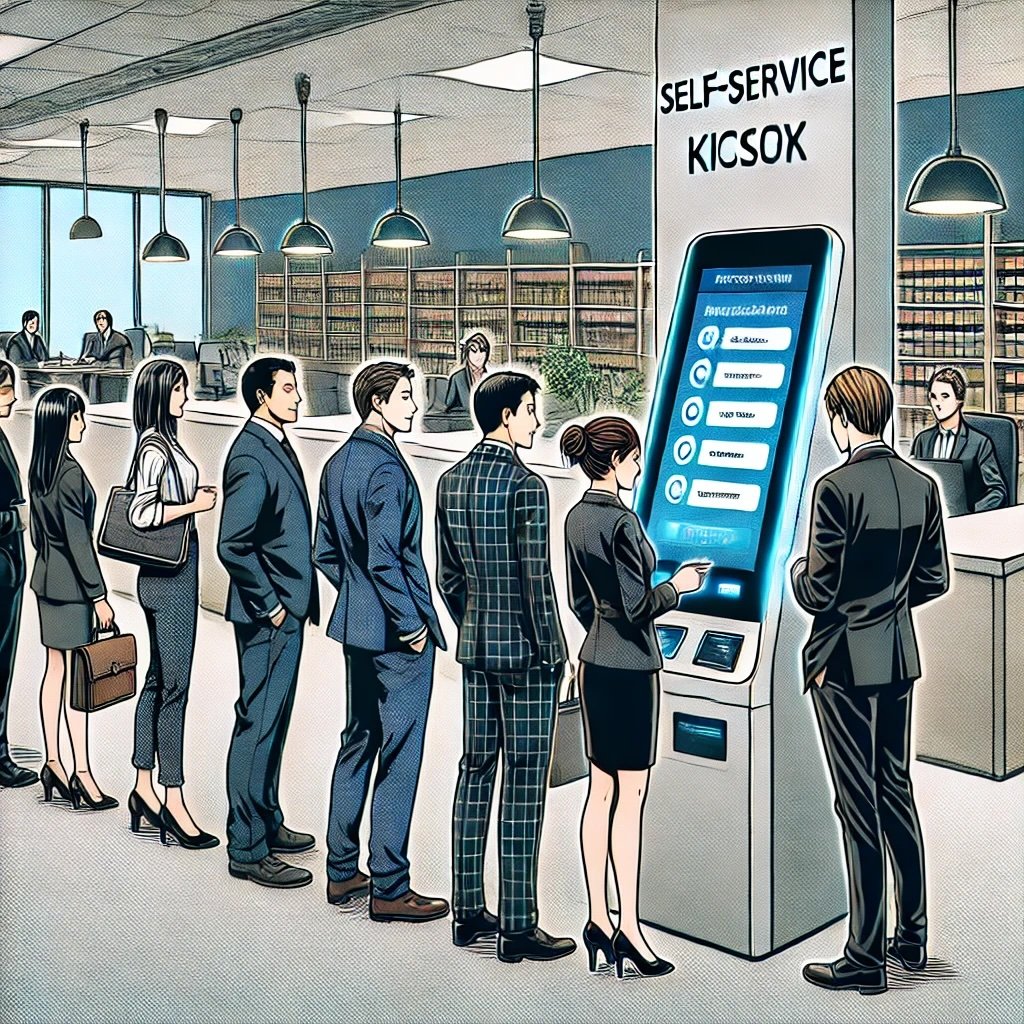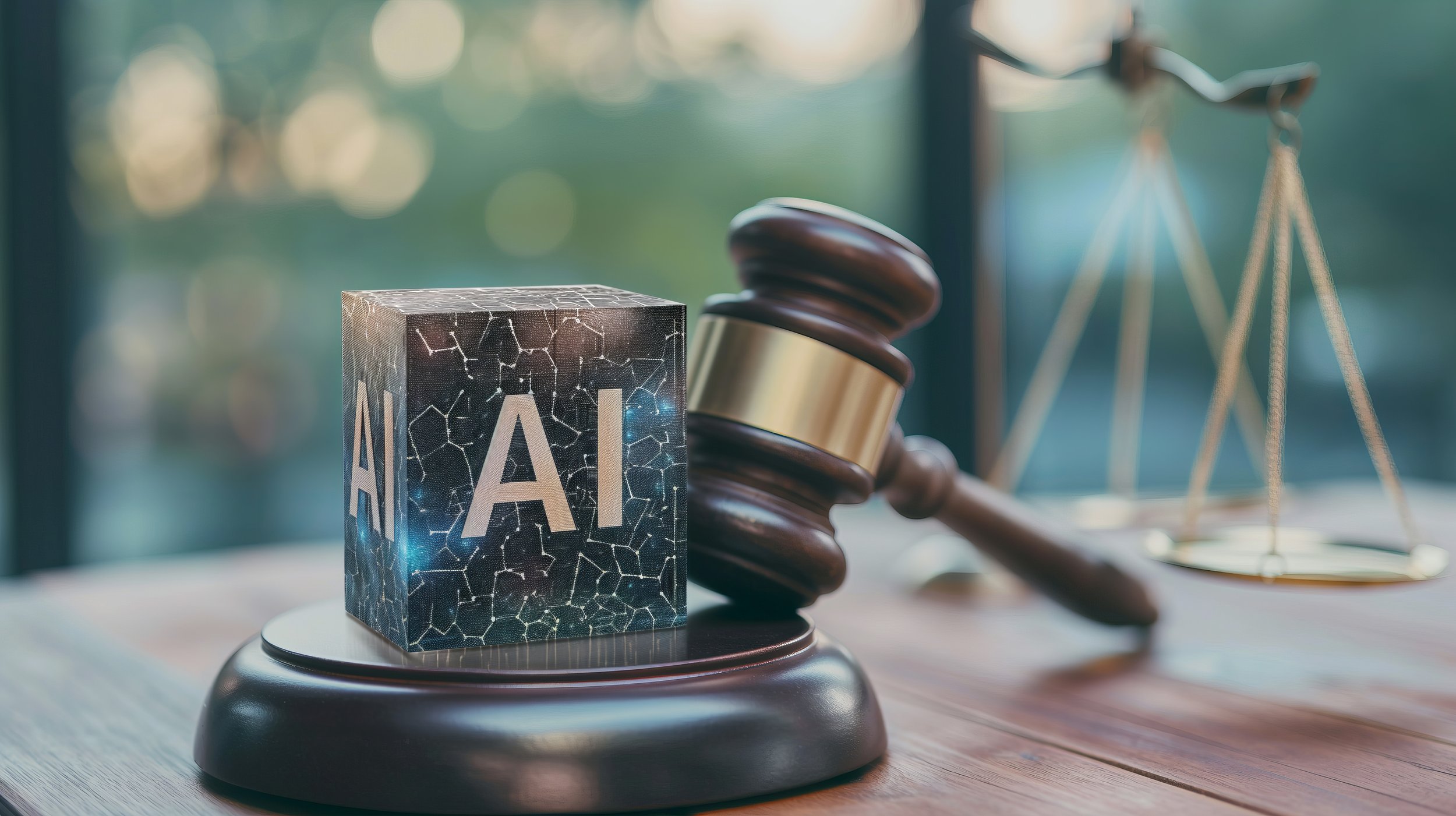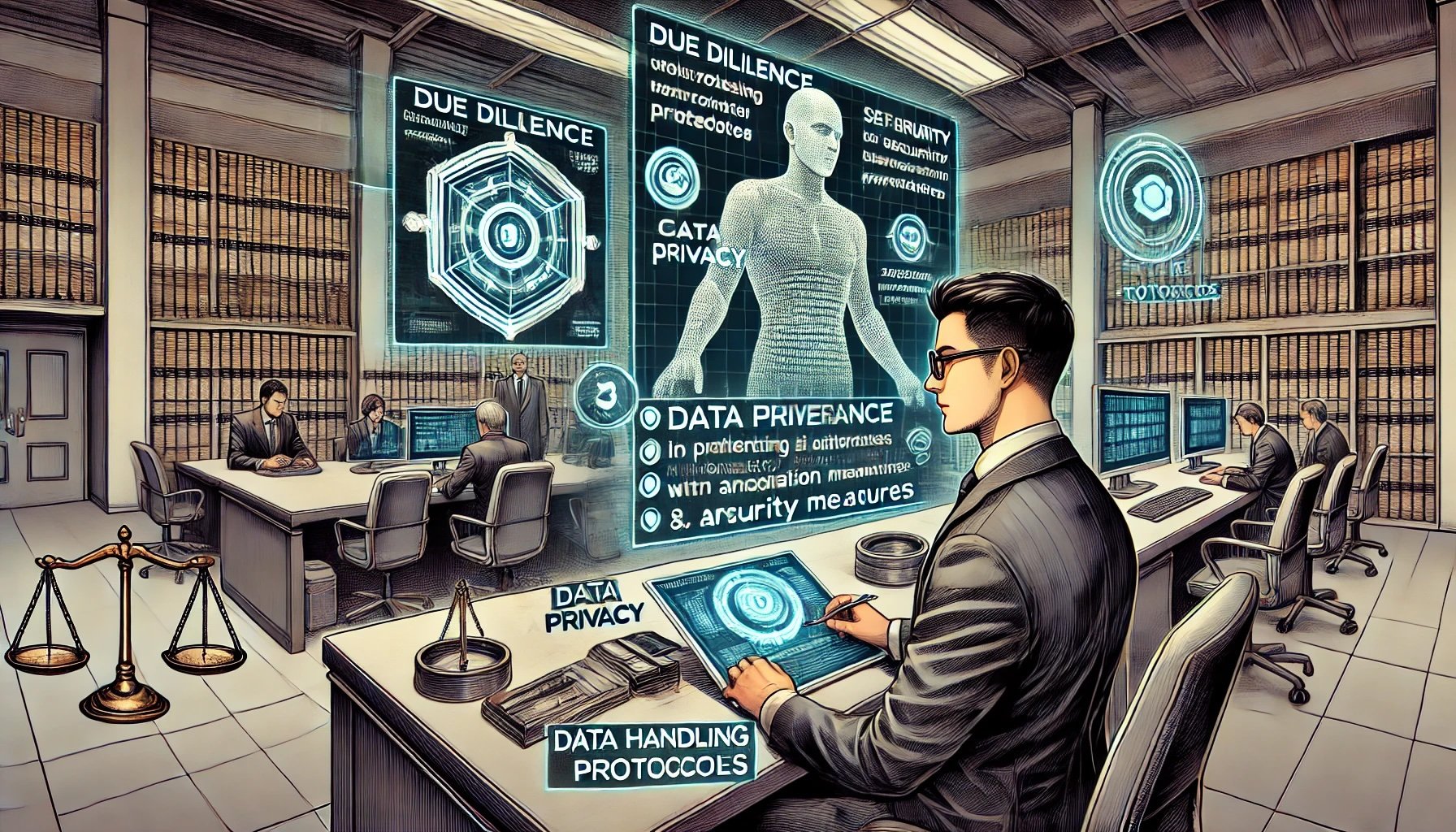MTC: 💼✨Explore smart, budget-friendly tactics to stay competitive in the digital age 🌐💡.
/Lawyer maarketing has long surpassed just putting an ad in yellow pages!
In today's digital age, the legal profession faces unprecedented challenges and opportunities when it comes to marketing. For solo practitioners and small law firms, the need to establish a strong online presence and attract clients has never been more critical. However, with limited resources and tight budgets, many smaller practices struggle to compete with larger firms' marketing efforts. Let’s explore some cost-effective marketing strategies tailored for small law firms, offering practical insights on how to maximize impact without breaking the bank.
The Power of Content Marketing
Content marketing has emerged as a cornerstone of effective legal marketing strategies. By creating and sharing valuable, relevant content, small firms can establish themselves as thought leaders in their practice areas. This approach not only attracts potential clients but also builds trust and credibility.
Start by identifying your target audience and the legal issues they care about most. Develop a content calendar that addresses these topics through blog posts, articles, and social media updates. Remember, consistency is key – aim to publish content regularly to maintain engagement and improve your search engine rankings.
Consider leveraging different content formats to cater to various preferences:
Write informative blog posts that answer common legal questions
Create short video explainers on complex legal topics
Develop infographics that simplify legal processes
Host webinars or podcasts to discuss trending legal issues
By diversifying your content, you can reach a broader audience and demonstrate your expertise across multiple platforms.
Harnessing the Power of Social Media
Harnessing social media can help expand your network and potential client base!
Social media platforms offer small law firms an unparalleled opportunity to connect with potential clients and referral sources. However, it's crucial to approach social media strategically rather than trying to maintain a presence on every platform.
Focus on the platforms where your target clients are most active. For many law firms, LinkedIn is an excellent starting point, offering opportunities to network with other professionals and showcase your expertise. X fna “Twitter” can be valuable for sharing quick legal insights and engaging in industry discussions. Facebook and Instagram may be more suitable for firms with a local focus or those targeting individual clients rather than businesses.
Remember, social media success isn't just about broadcasting your message – it's about engaging in conversations and building relationships. Respond to comments, participate in relevant groups, and share content from other reputable sources to demonstrate your involvement in the legal community.
Optimizing for Local Search Engine Optimization (SEO)
For small law firms serving specific geographic areas, local SEO is a game-changer. Remember, SEO (search engine optimization) is the process of improving a website's visibility and ranking in search engine results pages through various techniques like content optimization, technical improvements, and building authority, with the goal of increasing organic traffic from relevant searches. By optimizing your online presence for local searches can help you appear in the coveted "local pack" on Google search results, increasing visibility to potential clients in your area.
Start by claiming and optimizing your Google My Business listing. Ensure your firm's name, address, and phone number (NAP) are consistent across all online directories and your website. Encourage satisfied clients to leave reviews on Google and other relevant platforms, as positive reviews can significantly boost your local search rankings.
Incorporate location-specific keywords into your website content and meta tags. Create separate pages for each practice area and location you serve, optimizing them for local search terms. For example, "family law attorney in [City Name]" or "personal injury lawyer [Neighborhood]."
Networking in the Digital Age
While traditional networking remains valuable, digital networking has opened up new avenues for small law firms to build relationships and generate referrals. Participate in online legal forums, contribute to legal blogs as a guest author, and engage with local business groups on social media.
Consider hosting or participating in virtual events, such as online panel discussions or Q&A sessions. These events can help you showcase your expertise to a broader audience without the costs associated with in-person events.
Leveraging Email Marketing
Email marketing remains one of the most cost-effective ways to stay in touch with current and potential clients. Build an email list by offering valuable content in exchange for sign-ups, such as e-books, legal guides, or newsletters.
YOu can use email marketing platforms to help market yourself!
Segment your email list based on practice areas or client types to ensure you're sending relevant content to each group. Use email to share firm updates, legal insights, and helpful resources. Remember to keep your emails concise, informative, and compliant with anti-spam regulations.
Example platforms include:
Mailchimp* - One of the most popular email marketing platforms, known for its user-friendly interface and wide range of features.
Constant Contact - Offers email marketing services along with other digital marketing tools, particularly popular among small businesses.
Brevo (formerly Sendinblue) - Provides email marketing, SMS marketing, and automation tools for businesses of all sizes.
GetResponse - An all-in-one marketing platform that includes email marketing, landing pages, and webinar hosting.
Campaign Monitor - Known for its drag-and-drop email builder and advanced segmentation features.
AWeber - Offers email marketing and automation tools, particularly popular among bloggers and small businesses.
Klaviyo - Specializes in email marketing for e-commerce businesses, with strong integration capabilities.
Moosend - Provides affordable email marketing solutions with automation features.
ConvertKit - Tailored for creators, bloggers, and online businesses, focusing on simplicity and automation.
Drip - Offers email and SMS marketing tools with a focus on e-commerce businesses.
These companies offer a range of features and pricing options to suit different business needs and budgets.
Measuring and Refining Your Efforts
One of the advantages of digital marketing is the ability to track and measure your efforts accurately. Use tools like Google Analytics to monitor website traffic, social media insights to track engagement, and email marketing metrics to assess the effectiveness of your campaigns.
Review these metrics regularly to understand what's working and what isn't. Be prepared to adjust your strategy based on these insights. Marketing is an iterative process, and what works today may need to be refined tomorrow.
What Not To Do with Your Online Marketing
I can’t emphasize enough that you need to be careful when going online. 🚨 Don’t give you states bar counsel and excuse to come after you.
🚨 🛜 🚨
I can’t emphasize enough that you need to be careful when going online. 🚨 Don’t give you states bar counsel and excuse to come after you. 🚨 🛜 🚨
Remember the “Don’ts” in Lawyer Online Marketing:
Be careful when you market on line! There are many rules of ethics you need to follow when online!
Make false or misleading statements: Avoid exaggerating claims about your services, experience, or success rates. Don't use superlatives like "the best" or "the most successful" without factual substantiation.
Claim specialization or expertise without proper certification: Most state bars prohibit lawyers from claiming to be specialists or experts unless they have specific certifications.
Offer legal services in unauthorized jurisdictions: Be careful not to advertise or promote services in areas where you're not licensed to practice.
Share confidential client information: Never disclose client details or case information without explicit consent, even in anonymized case studies.
Provide specific legal advice: Avoid offering personalized legal counsel through your blog or website, as this could inadvertently create an attorney-client relationship.
Use client testimonials improperly: In some jurisdictions, client testimonials are restricted or prohibited. Where allowed, ensure they don't guarantee outcomes or mislead potential clients.
Solicit clients directly: Avoid unsolicited communications or direct solicitation of potential clients, especially in person or through real-time electronic contact.
Compensate for recommendations: Don't pay or offer anything of value in exchange for testimonials or referrals.
Guarantee outcomes: Avoid making promises about case results or implying that past successes guarantee future outcomes.
Misrepresent fees or costs: Be transparent about fees and avoid misleading statements about costs associated with your services.
Blur personal and professional lines on social media: Maintain professionalism in all online interactions and avoid sharing content that could be seen as unprofessional or unethical.
Violate client confidentiality in case studies or blog posts: Even if anonymized, ensure that case details cannot be traced back to specific clients.
By avoiding these practices, lawyers can maintain ethical standards in their online marketing efforts while still effectively promoting their services.
My Final Thoughts 🤔
Effective marketing for small law firms doesn't have to be expensive or overwhelming. By focusing on content creation, strategic social media use, local SEO optimization, digital networking, and targeted email marketing, small firms can build a strong online presence and attract clients without breaking the bank.
Remember, the key to successful marketing is consistency and authenticity. Stay true to your firm's values and expertise, and focus on providing value to your target audience. With patience and persistence, these cost-effective strategies can help your small law firm thrive in an increasingly competitive digital landscape.
As the legal industry continues to evolve, embracing these digital marketing strategies will not only help you attract new clients but also position your firm as a forward-thinking, tech-savvy practice ready to meet the challenges of the modern legal marketplace.
#Stay tuned as I’ll talking about how up your online game by spending a little more money in a future post!
❗️ 📢 ❗️
#Stay tuned as I’ll talking about how up your online game by spending a little more money in a future post! ❗️ 📢 ❗️
MTC
Happy Lawyering!









































